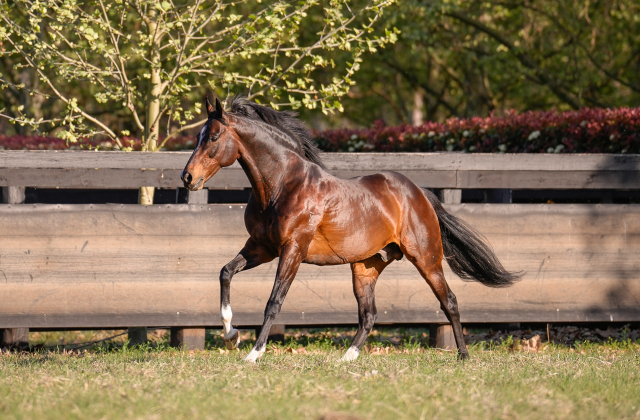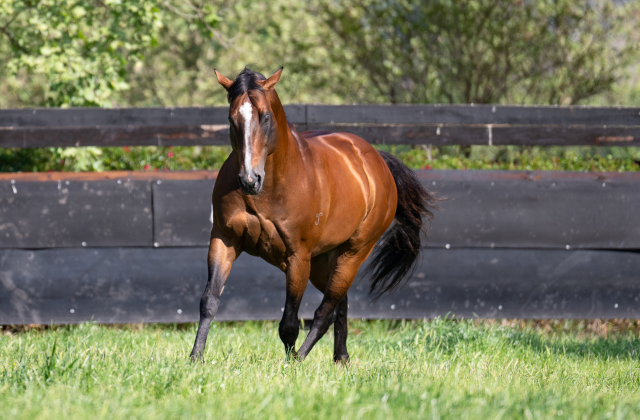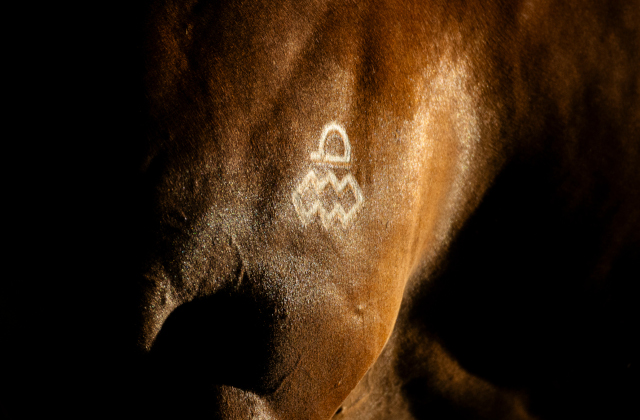Time to put our Sport first
The current spat between the NSW trainers and the governing body, Racing NSW is no more than an expression of the fear and uncertainty that currently lies below the surface of the entire thoroughbred industry.
Having visited several racing nations in the last month, including the UK, Ireland, France and Singapore, it seems that the bookmaker issue is one of the major contributors to the worldwide decline of our sport. Racing’s major source of revenue is being diluted through the unwillingness of bookmakers legal or illegal, onshore or offshore, corporate or otherwise, to pay the asking price for their utilisation of the racing product.
This is not the only problem, but it is certainly a significant one. Yes, the industry’s own failures of leadership, management and governance are obstacles to success. But, you can do little without adequate funding.
In the “closed” racing economies such as Japan and Hong Kong, owners fare much better, but their ownership is licensed and the racehorse population is therefore restricted. This allows the authorities to achieve a more acceptable balance between the costs and revenues of ownership. The available prizemoney is shared among a finite number of owners and thus the ratio of prizemoney to racing costs is much more attractive. In Japan and Hong Kong the annual prizemoney per starter is about 10 times that in Australia and other western racing jurisdictions such as the UK, Ireland and France.
In open racing economies such as Australia, there is no such control on the volume of ownership and horses. The wall to wall racing program we have here means that the prizemoney currently generated through wagering is distributed far too thinly on a per capita basis. In fact, prizemoney in Australia covers less than 40% of training expenses; and that is without taking into account the capital outlaid by owners to purchase racehorses. That’s a fundamental reason our sport is in decline at this time, when there are so many alternative leisure and gambling pursuits.
All around the world, owners are subsidising the sport to various degrees. Their support is now close to a level that I believe is unsustainable and racing is in danger of once again becoming the exclusive domain of a wealthy minority.
However, the Royal Ascot meeting and others, which I attended, offer proof positive that racing still has a strong franchise. The blend of tradition and pageantry, exquisite facilities and a tight, but high class program, gave all who attended Ascot an unforgettable time. The Melbourne Spring is similar. These kinds of meetings should be the highlights of a much smaller program of racing than we currently offer in our country. Whatever agreement racing has with the TAB to supply “racing product” mindlessly, seven days a week, needs revision, if racing is to remain – or rather, become – a mainstream sport.
Back to the bookmakers. They are entrepreneurs and seek to gain the best outcome for themselves – that’s understandable. Yet a number of the high profile bookmakers in Australia are also ardent followers of racing and enjoy social interaction with many owners and trainers. For this reason, I find it difficult to understand their indifference to the fact that the economics of ownership are now so poor as to place the whole sport in danger. They are helping to kill the industry from which they profit. Perhaps they don’t care, because they can apply their trade to other sports.
The lack of overall funding has resulted in the inability of racing to offer newcomers to the sport a worthwhile racing experience. It has been left to breeders in Australia to own more than 60% of the horses in training and have part-ownership of over 80% of them; and as you can guess, that’s not necessarily always by choice!
In those circumstances, is it not time for all who have an interest in, or a love of racing to work towards a voluntary agreement aimed at reviving our sport? Here are some of the obvious concessions the major stakeholders might have to make under such a compact:
Bookmakers
Agree to pay a product fee based on gross turnover and adjust their business model to deal with that. This would help to fund prizemoney, and capital development by Clubs – both essential for a more engaging, attractive presentation of racing to punters and fans.
Race Clubs
1. Consolidate this sector of the industry, where possible, to minimise duplication and benefit from strategic opportunities. Clubs could then provide first-class facilities and events through sounder financial structures – again, to bring new players into the game.
2. Introduce corporate governance measures to significantly improve the quality and performance of Club boards.
Breeders
Establish an Australian “Breeders’ Cup” as the Australasian championship of Racing to be run in the Sydney Autumn. This can make the Sydney Carnival, over time, a significant high profile event, as important as the Spring Carnival in Victoria.
Administrators
1. Accept the importance of national direction for racing by beefing up the ARB or establishing a new national body resourced with the best industry brains, giving it powers to address a wide variety of racing issues. This will support the consistent presentation and administration of racing and allow racing to compete with the likes of the AFL, NRL etc.
2. Revise the racing program in each state to reduce the supply of racing but significantly lift its quality.
3. Establish a national TOTE pool to provide a viable wagering option for large punters, domestic and international.
State Government
1. Provide sensible financial support to the club sector to assist with the provision of infrastructure. This will ultimately increase government revenues from racing, as well as boosting tourism and economic activity for our State.
2. Facilitate the achievement of all the above initiatives through appropriate and timely legislation.
3. Review the wagering taxation required to bring NSW in line with other states.
These actions are all achievable and would normally be initiated, subject to modeling and due diligence, if racing was a private enterprise seeking to become competitive. While they may cause some short term discomfort to the stakeholders, they will make for a bigger, more sustainable industry for all concerned, including bookmakers.
But can participants in our sport place racing before their own ends?


